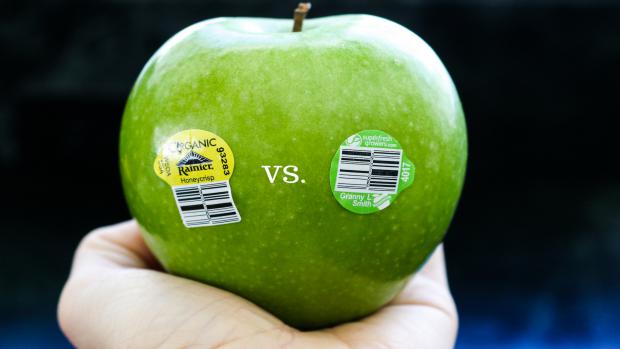
Breaking News
 From Inflation to Hyperinflation: The Gathering Monetary Hurricane
From Inflation to Hyperinflation: The Gathering Monetary Hurricane
 Deputy Attorney General Todd Blanche Fired Ed Martin as Chief of DOJ's Weaponization...
Deputy Attorney General Todd Blanche Fired Ed Martin as Chief of DOJ's Weaponization...
 Clintons Bend The Knee To Comer, Agree To Testify In House Epstein Inquiry
Clintons Bend The Knee To Comer, Agree To Testify In House Epstein Inquiry
 White House Ignores Congress -Hands More Weapons To Israelis & Saudis
White House Ignores Congress -Hands More Weapons To Israelis & Saudis
Top Tech News
 How underwater 3D printing could soon transform maritime construction
How underwater 3D printing could soon transform maritime construction
 Smart soldering iron packs a camera to show you what you're doing
Smart soldering iron packs a camera to show you what you're doing
 Look, no hands: Flying umbrella follows user through the rain
Look, no hands: Flying umbrella follows user through the rain
 Critical Linux Warning: 800,000 Devices Are EXPOSED
Critical Linux Warning: 800,000 Devices Are EXPOSED
 'Brave New World': IVF Company's Eugenics Tool Lets Couples Pick 'Best' Baby, Di
'Brave New World': IVF Company's Eugenics Tool Lets Couples Pick 'Best' Baby, Di
 The smartphone just fired a warning shot at the camera industry.
The smartphone just fired a warning shot at the camera industry.
 A revolutionary breakthrough in dental science is changing how we fight tooth decay
A revolutionary breakthrough in dental science is changing how we fight tooth decay
 Docan Energy "Panda": 32kWh for $2,530!
Docan Energy "Panda": 32kWh for $2,530!
 Rugged phone with multi-day battery life doubles as a 1080p projector
Rugged phone with multi-day battery life doubles as a 1080p projector
 4 Sisters Invent Electric Tractor with Mom and Dad and it's Selling in 5 Countries
4 Sisters Invent Electric Tractor with Mom and Dad and it's Selling in 5 Countries
Make It Make Sense: Why Are We Punishing The Farmers Doing The Right Thing?

What if we flipped that?
What if the organic apple was just an apple—and the one grown with chemical inputs had to be labeled chemically grown? Why does the burden fall on the farmer doing the right thing, while the one using harmful practices skates by without warning, cost, or consequence?
Why does the farmer who's working with nature—protecting our water, preserving our soil, and nourishing our communities—have to pay extra, while the farmer who's polluting gets to do so for free? Why is the financial burden on the one not doing the damage?
Our rules make it harder to farm responsibly. A chemical farmer can spray right up to the edge of their fence line, but an organic farmer must give up 25 feet on all sides—and sell that buffer zone as non-organic. How does that make any sense?
We claim to want cleaner food, cleaner water, and a healthier planet. But the regulations say otherwise. They punish the farmer doing what's best for humanity and reward the one taking shortcuts that come with long-term consequences.
Meanwhile, foreign-owned corporations—some with deeply troubling records abroad—are seeking permission to be traded on U.S. stock exchanges. Others continue selling toxic chemical products in the U.S. that are banned in their own countries. Why are we opening our doors to this? Why do we reward bad actors while the honest, hardworking American farmer drowns in red tape?
The system is rigged. It pushes farmers toward chemical dependency—not because they want to—but because doing the right thing is cost-prohibitive and over-regulated. Organic farmers pay annual fees and a percentage of their sales just to carry the label. They're taxed not just financially, but logistically and emotionally—while conventional farmers get a free pass to pollute.
Imagine if we flipped it. What if the farmer spraying chemicals paid for that privilege? What if the cost and the burden were placed where the actual harm occurs? Wouldn't that make more sense—for humans, animals, pollinators, soil, and future generations?
Consider this: research has shown that living within a mile of a golf course significantly increases your risk of Parkinson's. Why? Because of a widely used herbicide that's banned in other countries, yet still sold here—often by foreign companies that won't allow its use in their own homeland. Why do we allow that without tax, penalty, or even a warning label?



